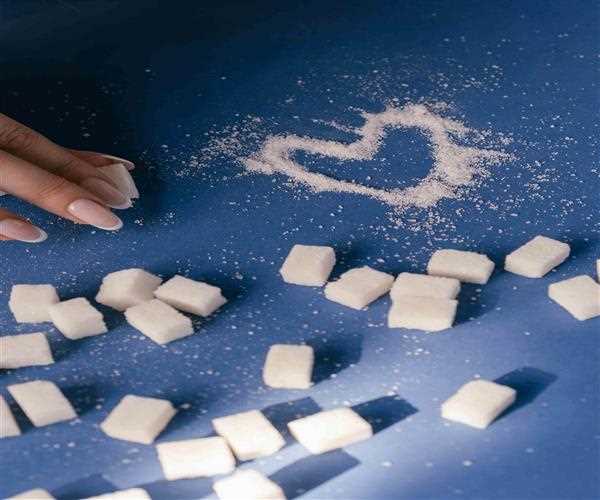What happens when you stop eating Salt?
Many of us have focused on reducing our salt intake, but in some cases, we ignore it altogether because we think it's unhealthy. All this is not true. Salt is an important electrolyte that helps our body function normally. If you decide to give up salt, try to understand how your body reacts to these new changes, not completely.
Many diets don't recommend eating salt, so here on the bright side, we want to share the benefits of being low in salt and remind you that some diets require you to consult your doctor first.
1. You may gain weight.
Salt iodide is important for hormones, and reducing salt intake completely limits the source of iodine. As a result, weight, facial swelling, dry skin, muscle weakness, and fatigue may increase.
2. It can affect your heart.
A low-sodium diet offers many benefits, especially for people with heart problems. However, it may not be the same for everyone, especially if you have good heart health. After all, studies have shown that eating too little or too much salt can worsen the heart disease you already have.
3. May increase insulin resistance.
Studies have shown that insulin resistance is affected if you don't have enough sodium in your diet. This means that your body doesn't respond well to insulin, which can raise blood sugar levels.
4. Dehydration may occur.
When your blood sodium levels drop suddenly, you can experience symptoms very similar to dehydration. As a result, you may experience dry mouth, dizziness, thirst, and frequent bathroom trips.
5. You may feel nauseous.
Avoiding salt can significantly affect cholesterol levels. There are usually no early symptoms, but it can attack other parts of the body, including the heart. One of the symptoms you may experience is nausea. Are you on a low sodium diet? Do you like salt or not? Have you ever thought about eliminating salt from your diet completely? Or have you done it before?
What Happens when you stop eating Sugar?
But giving up sugar is no easy task. Especially if you've been eating sweets all your life. You may experience side effects and mood swings, anxiety, depression, and more. You have to go through a transition period. But once you get past this step, you'll realize that the benefits are worth it. Before you start reaping the benefits of this positive lifestyle change, it is recommended that you reduce sugar slowly in small amounts rather than all at once to avoid sudden shock to your body. By eliminating unwanted sugar from your life, you can expect positive changes such as:
1. Helps to lose excess weight and inches.
Once you reduce the amount of sugar, your cravings will also decrease, reducing your total calorie intake. Moreover, the fact that sugar itself is high in calories is nothing new. On average, most people consume about 20 teaspoons of added sugar per day, either directly from foods and beverages or through added sugar from packaged foods. Reducing these extra sugars will help you easily get rid of unwanted fat, lose 2-3 kilograms and lose a few centimeters. Now it won't be good!
2. Reduce the risk of heart disease
Excessive sugar consumption is very bad for your heart. It can permanently raise insulin levels, which can increase blood pressure and heart rate.
3. Fights acne
Did you know that sugary foods are one of the main causes of acne problems? Even that soda and fruit juice you love won't do you any good. So remove the sweet junk from your life. We know it's difficult, but think of clear, acne-free skin and take the plunge.
4. Reduces signs of aging
Do wrinkles and age spots start to appear in your 20s? There's only one culprit...and that's all the sugar in your diet. Sugar causes the saccharification of the skin, the transformation of cand collagen and elastin. This collagen and elastin make the skin look younger. Reducing your sugar intake can automatically reduce fine lines and age-related pigmentation.
5. It reduces the risk of diabetes
Eating foods high in calories and sugar is known to increase fat storage in the body, which in turn affects insulin levels in the body. Insulin resistance in your body affects the functioning of your liver and pancreas and in turn, leads to type 2 diabetes. Cutting back on sugar can help your body's natural detoxification system do its job. It's time to give up sugar forever because you don't have to risk your health for a few minutes of fun.




Leave Comment